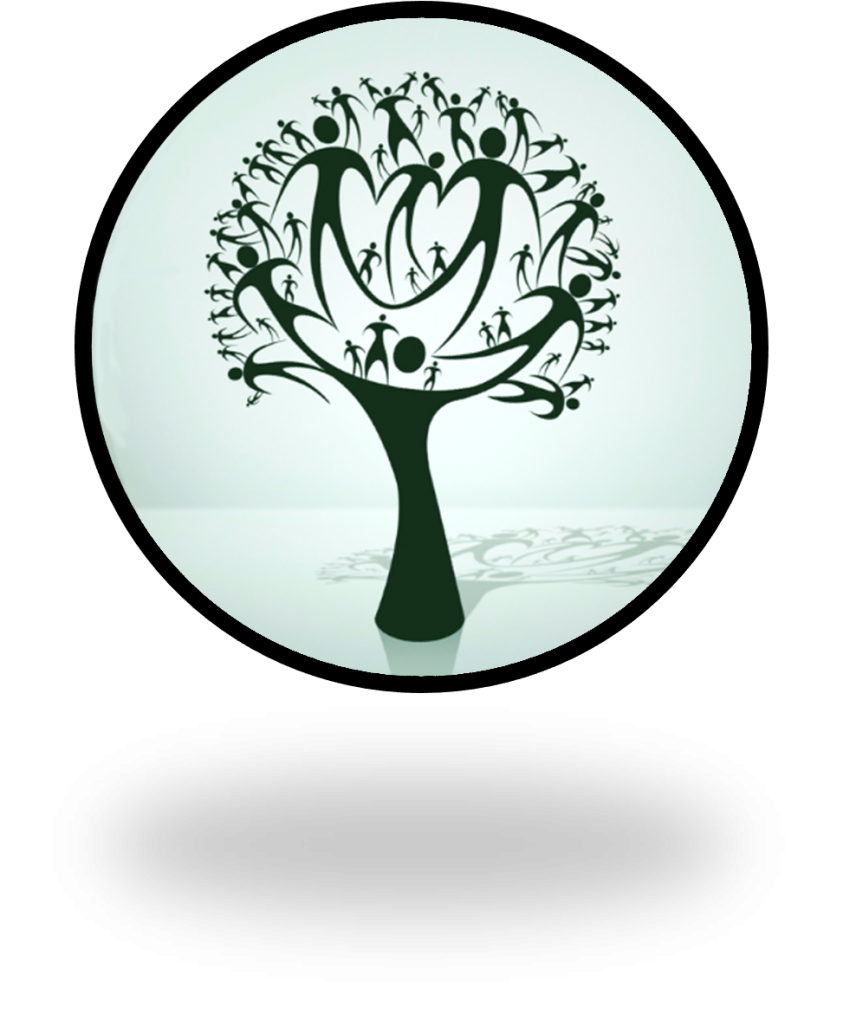Postgraduate Diploma in Trauma & PTSD
from Trauma Training
Lucia Hall wrote this course based on her experiences of supervising trauma. What she discovered was that, although trained, therapists struggled to implement trauma processes in a systematic and effective manner – especially with regards to complex trauma.
This course was extremely well received when it was premiered to an NHS team. The team expressed feeling skilled and empowered after this workshop and issued an invitation to Lucia to come back and teach further courses.
Our course was been expanded to include an additional weekend module teaching Cognitive Processing Therapy (CPT), which participants have found to be an excellent process that complements the other processes taught in the course. It enables therapists to work even more effectively with an even wider group of trauma clients. Lucia previously taught this course separately, but feedback has resulted in it being incorporated into this PG diploma course.
The course will be held on 22 days over 11 Saturday/Sunday weekends. These are scheduled once a month for 12 months with no meeting in August. Dates for the next course are included in the information/application package.
The course starts at 10:00am each day and ends at 5:30pm.
Supervision sessions will be arranged in the fourth month of the course in order to allow time for participants to start working through the trauma process with trauma clients. Supervision will be in group format (up to four supervisees) for three hours each month for 12 months and is a requirement of the course. Supervision will be conducted online using Zoom Pro.
There is an 80% attendance requirement, including the supervision requirement.
The course consists of solid, evidence-based theory, combined with large amounts of experiential work and supervisory components. The theoretical input encourages critical engagement with the theory and practice of trauma treatment. Assessment is ongoing throughout the course and aims to ensure that students are able to work with the dynamics and processes of trauma; that there is congruence between the student’s theoretical knowledge and their clinical practice. Teaching and supervisory methods emphasise the multi-layered, multi-faceted processes of trauma treatment.
This course caters for a range of professionals who wish to develop their role as trauma specialists: counsellors, therapists or psychotherapists, psychologists, managers of clinical teams. The syllabus covers treating adults as well as children and adolescents, the latter being addressed in two days of the course dedicated to two evidence-based treatments for traumatised children.
Effective trauma treatment is integrative as it utilises techniques from a variety of schools of thought. The trauma treatment approach taught on this course is not tied to any one approach, but uses aspects of many. As such it may be utilised effectively by practitioners from diverse theoretical backgrounds. We appreciate the training and approach that course members bring. Onto that foundation, we offer the opportunity to build a cohesive integrative way of working with trauma clients.
The course is taught at postgraduate level; course participants are expected to work academically on this basis. This includes the ability to evaluate theoretical concepts and a commitment to reflect critically and open-mindedly on one’s own process, philosophy, theoretical orientation and skills. Discussion in the full group or smaller groups is as important as the tutor-taught components. The experiential process of development encourages participants to learn from one another as well as from the course tutors. The integrative philosophy underpinning this course fosters a multidisciplinary environment where theoretical differences and similarities are creatively valued. Participants are encouraged to integrate the ideas from the course into a personally coherent model of trauma treatment.
Participants can be sure that at the conclusion they will have a comprehensive and systematic approach for treating trauma, including both simple and complex PTSD, in adults and adolescents (with application to children, for those who have prior training in this area).
Call Trauma Training Today on 07834 470 248 for Specialist Training in Trauma and PTSD
Course participants will be required to document 30 hours of clinical work with trauma clients during the course, and this will include working with both Type I and Type II trauma experiences (simple and complex). More information will be given at the start of the course.
One weekend a month, January – December each year, with no meeting in August. Supervision continues until the following April.
The course dates are detailed on the Application Form.
For deposit, course fees and payment plan information please download the Application Form where you will find this information. Participants are required to become student members of NCIP (National Council of |Integrative Psychotherapists) if not already a member. Currently the fee for this is £25 (subject to change).
